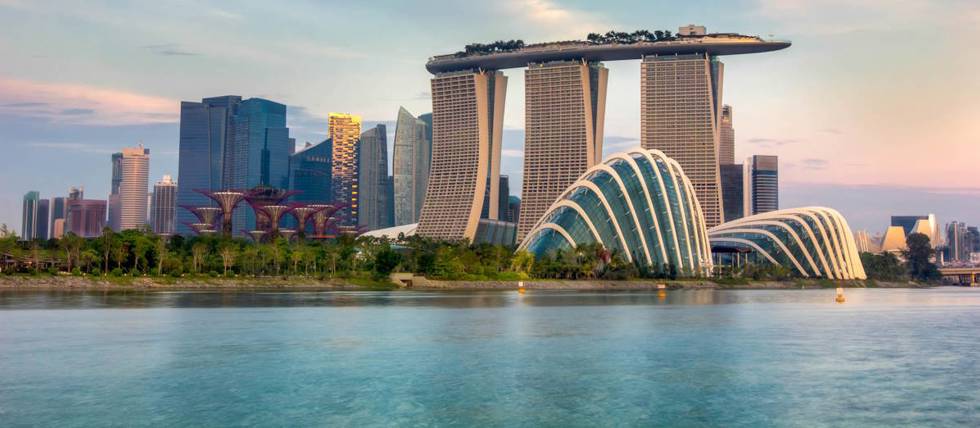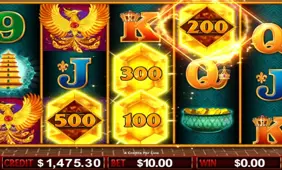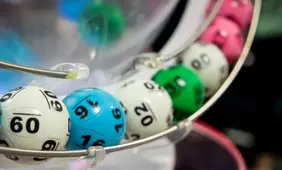Singapore Is Stealing Macau’s Gambling VIPs

There’s a fundamental, albeit gradual, shift in SE Asia’s gaming ecosystem. Where Macau was once the undisputed leader, other areas, including Singapore, are taking over. Over the next few years, according to one expert, the shift is going to be even greater as VIPs look for less-restrictive markets.
Macau Loses SE Asia Shine
Luiz Lam believes Macau is no longer in a position to compete for gambling VIPs. In comments, he shared with Asia Gaming Brief, the junket expert and investor asserted that Macau’s crackdown on junkets has led to a fundamental change in the SE Asian market.
Around three years ago, Macau had the support of about 360 junkets, who were steadily driving traffic and hundreds of millions of dollars to its brick-and-mortar casinos in the Chinese special administrative region (SAR). As of this past June, there were less than 15.
Lam stated that this has helped other casinos in SE Asia grow. Among the leaders are Singapore’s two integrated resorts, Marina Bay Sands and Resorts World Sentosa. “Singapore took VIP gamblers from Macau, the Philippines took the mid-range market, and Japan is for family tours,” said Lam.
This isn’t a surprise to the gaming industry - it was already predicted that China’s attempt at diversifying Macau would lead to other regions seeing an increase in their gambling revenue. However, what is currently underway is only a transition, with greater changes coming.
In the future, Japan could take control of the Asian gaming space. As it begins to build its first integrated resort (IR) in Osaka, the country could eventually take over Singapore, the Philippines and others in terms of gaming revenue.
That’s at least six years away - the Osaka resort won’t be ready until 2029, at the earliest. However, according to Lam, “When Japan opens its casinos, the advantages of Macau will fade, as well those of Singapore.”
Osaka, which partnered with MGM Resorts International and Orix Group for the IR, expects the property to attract up to $3.6 billion in annual revenue. Japan will have a long way to go to catch up to Macau, though, as the latter’s casinos made $46 billion in gross gaming revenue last year.
Macau Improvement Needed
Independent of how the market will look a decade from now, Macau maintains a solid position now. As it continues to rebound from the COVID-19 pandemic, which virtually shut the SAR down on several occasions, Macau’s revenue is regaining lost ground.
The latest figures from the University of Macau present an optimistic picture for 2023. The gross domestic product (GDP) could surge by as much as 44.1%, provided the city reaches certain milestones.
One of those is the return of tourism, with around 7 million tourists needed in the third quarter. This would be about 70% of the 2019 figure, just as COVID-19 was taking over. The fourth quarter would need about 7.65 million tourists, around 80% of the 2019 Q4 figure.
Driving the return will be China’s approach to marketing the city. Around 96% of Macau arrivals come from the mainland, with the rest coming mostly from Hong Kong and Taiwan.
Currently, according to data from the Macau government, the figures don’t show a huge return of tourists from China. While Hong Kong arrivals are 90% of what they were in 2019, mainland arrivals are only 47.3%.
More Business News
RELATED TOPICS: Business
Most Read
Must Read
 Interviews
Interviews
Sweepstakes Casinos: Thriving in an Ever-Changing Industry – Interview with Attorney Stephen C. Piepgrass
Feb 17, 2025 Interviews
Interviews








Review this New Post
Leave a Comment
User Comments
Comments for Singapore Is Stealing Macau’s Gambling VIPs